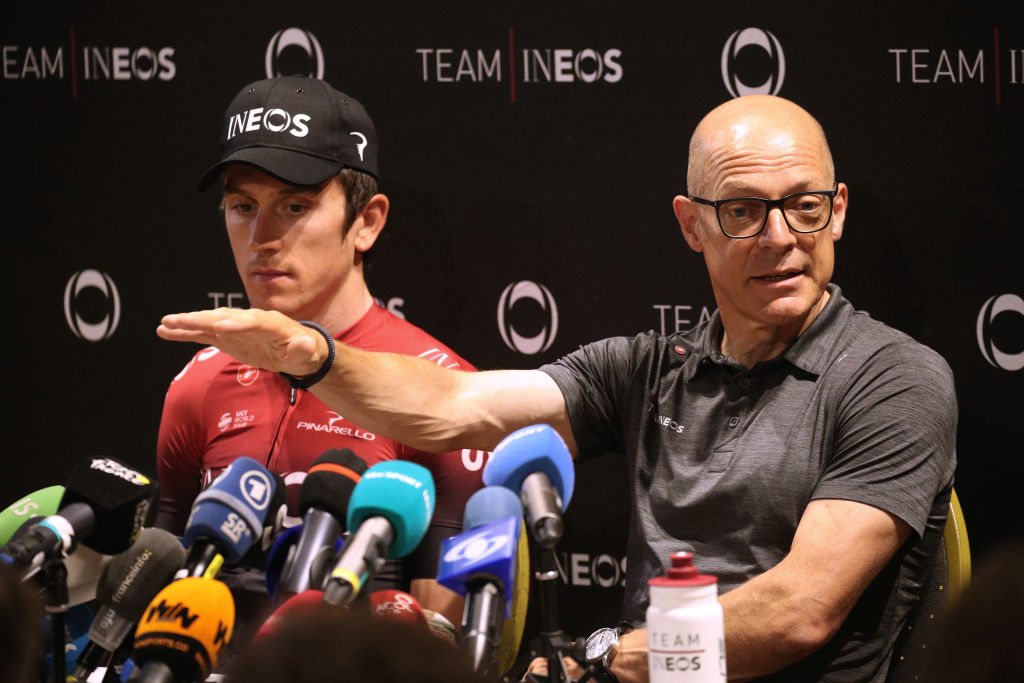Nibali: I can’t say I’ve won the Tour until it’s over
Italian calm ahead of Pyrenean stages
The latest race content, interviews, features, reviews and expert buying guides, direct to your inbox!
You are now subscribed
Your newsletter sign-up was successful
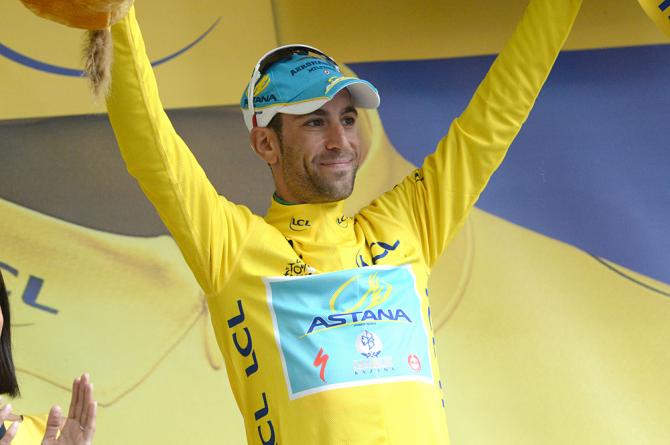
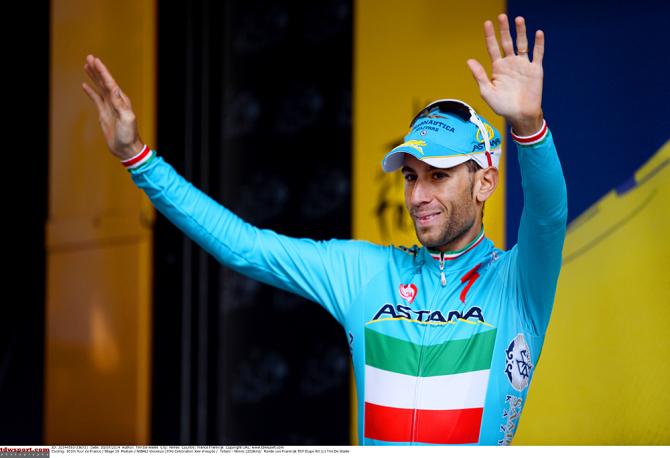
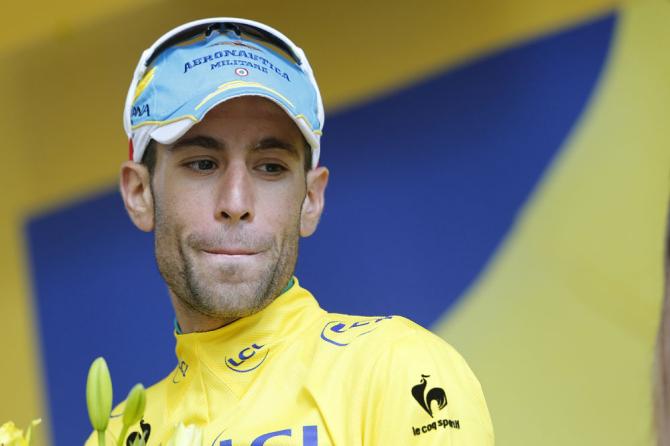
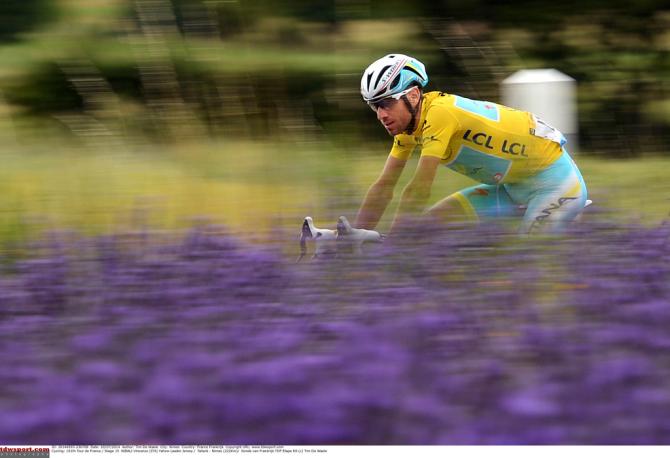
Vincenzo Nibali's rest day press conference at the Tour de France was a more sparsely-attended affair than those of Bradley Wiggins and Chris Froome in recent years. The 100-kilometre distance from the press centre in Carcassonne to Astana's hotel in Lignan-sur-Orb won’t have helped, nor, perhaps, the 4:37 lead Nibali holds over Movistar's Alejandro Valverde, a distant second in the general classification.
"I think it's in my character to be calm, I've always been like that, and I have also drawn confidence from my condition. I think it was the same last year at the Giro d'Italia," said Nibali, who was reluctant to tempt fate by comparing the meaning of his probable Tour victory to his past wins at the Giro and Vuelta a España: "I'm living it day-by-day and I can't say it's won until it's over."
For now, then, Nibali's focus is on the three days directly in front of him, which bring the Tour into the Pyrenees. Already a winner in the Vosges and the Alps, Nibali has the opportunity to complete a rare hat-trick of victories in three different mountain ranges in the same Tour, but he said that his focus was simply on defending the maillot jaune.
"The stages coming up will be hard. We'll keep an eye on the breaks but it will be hard to leave a mark here. The objective will be to control the race and maintain the advantage I have," he said. "I have a significant gap and we'll have to know how to manage it. I need to stay calm, alert and close to my team.
"You need to dose your energy in the last week and stay calm. This is still the Tour de France – every day is flat out, even if it might not always seem that way. There is a possible pitfall on every stage."
To that end, Nibali seems to be leaving nothing to chance. A rest day méchoui famously – at least according to legend – contributed to Jacques Anquetil's momentary collapse on the Port d'Envalira at the 1964 Tour, but fifty years on, Astana were reluctant to allow sunlight, far less spit-roasted lamb, affect Nibali's condition in the Pyrenees.
The outdoor press conference in the grounds of Château de Lignan was briefly interrupted to allow a canopy to be shifted into place above Nibali and general manager Alexandre Vinokourov at the top table after it was determined that the foliage was not providing adequate protection.
The latest race content, interviews, features, reviews and expert buying guides, direct to your inbox!
"The stage that [Rafal] Majka won was the hardest up to now. With the three climbs of the Lautaret, Izoard and Risoul, it was hard for me and the team to control the race," Nibali said. "In the Pyrenees, the best thing to do will be stay focused and keep an eye on the breaks. There could be strong riders who are a little further back who could get into breaks, and managing the race will be very difficult if that happens."
From the moment he ripped off the front of the peloton in Sheffield on the first Sunday of the Tour, however, Nibali has shown sound instincts when it comes to managing the race and dosing his own strength. As per modern tradition, the power output of the man in yellow has been estimated, parsed and analysed, but Nibali stressed that it was not only about the numbers.
"There's not just the scientific part, which says whether someone is strong or not in the mountains – you have to have heart and soul as well," he said. "I think that I've tried to provide a different interpretation of this Tour from the start. I've looked to attack on supposedly more simple stages and also on the more difficult ones."

Barry Ryan was Head of Features at Cyclingnews. He has covered professional cycling since 2010, reporting from the Tour de France, Giro d’Italia and events from Argentina to Japan. His writing has appeared in The Independent, Procycling and Cycling Plus. He is the author of The Ascent: Sean Kelly, Stephen Roche and the Rise of Irish Cycling’s Golden Generation, published by Gill Books.
